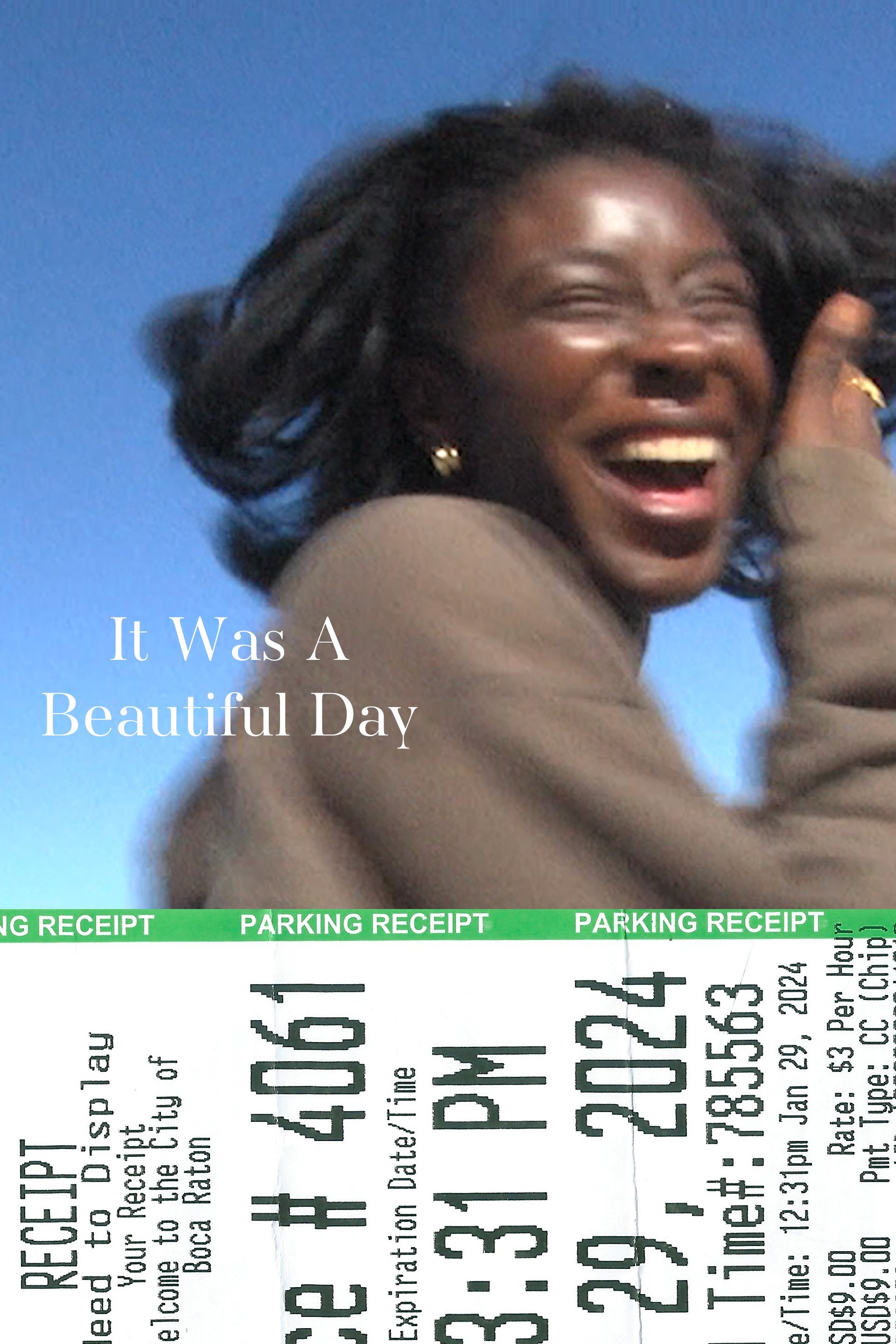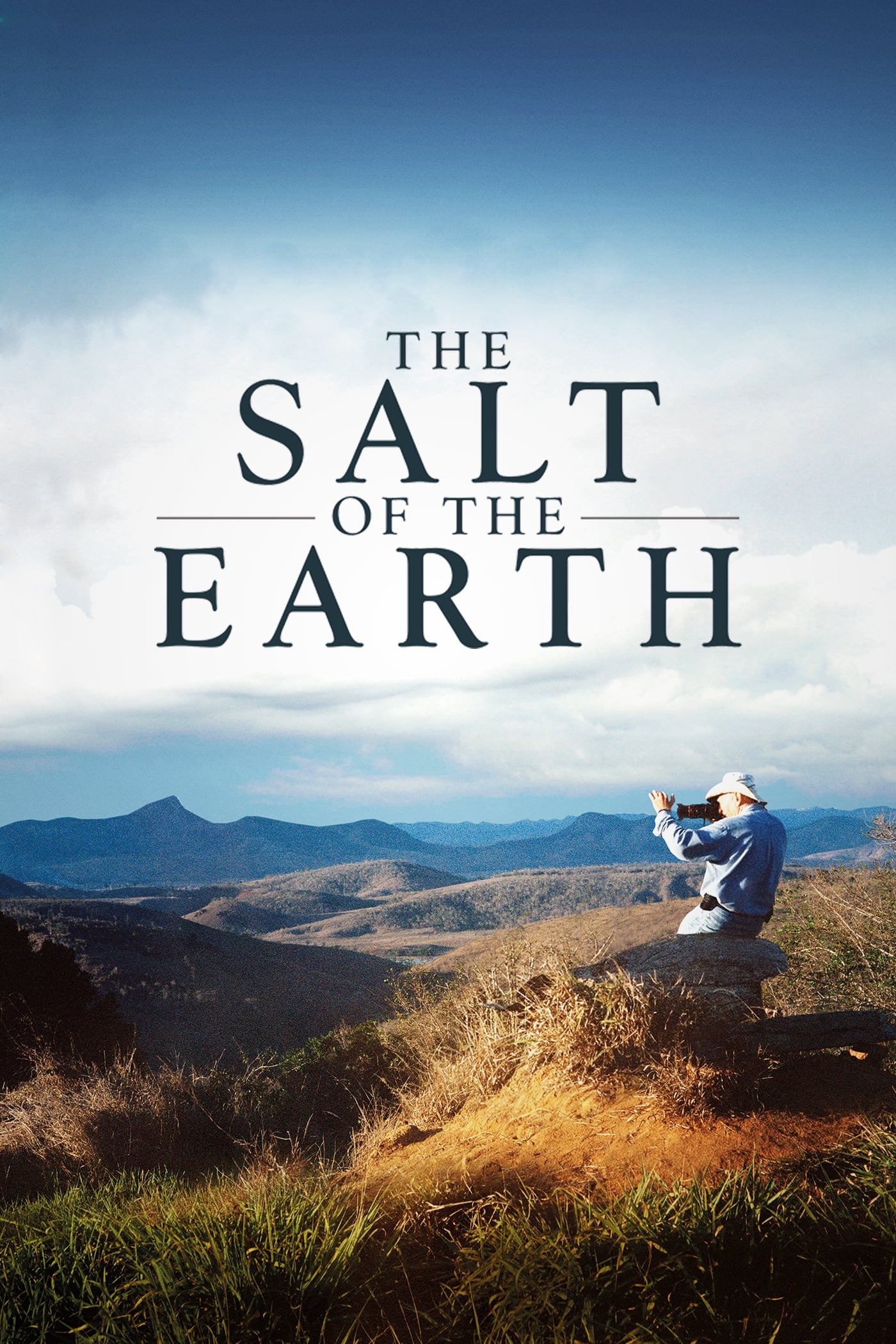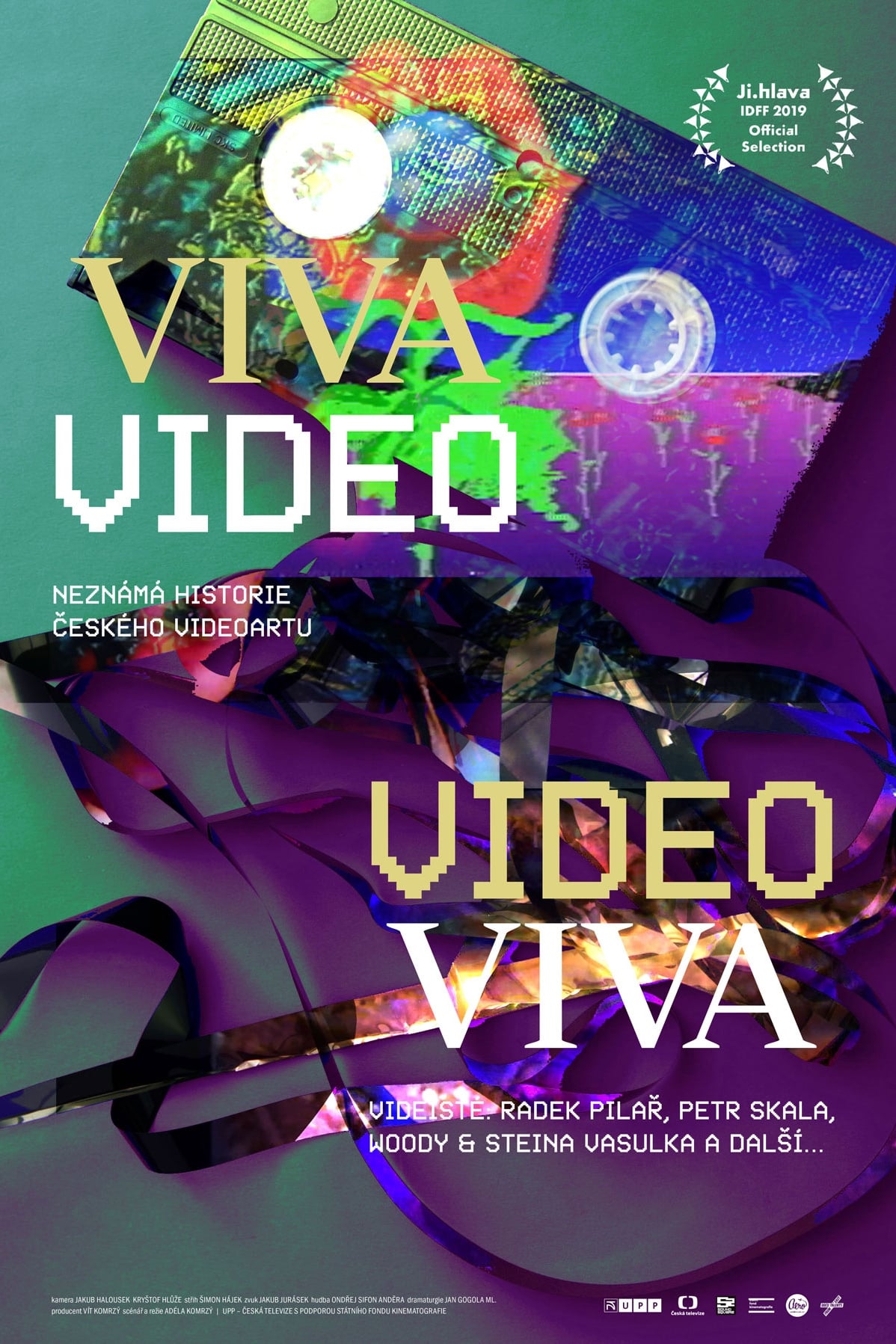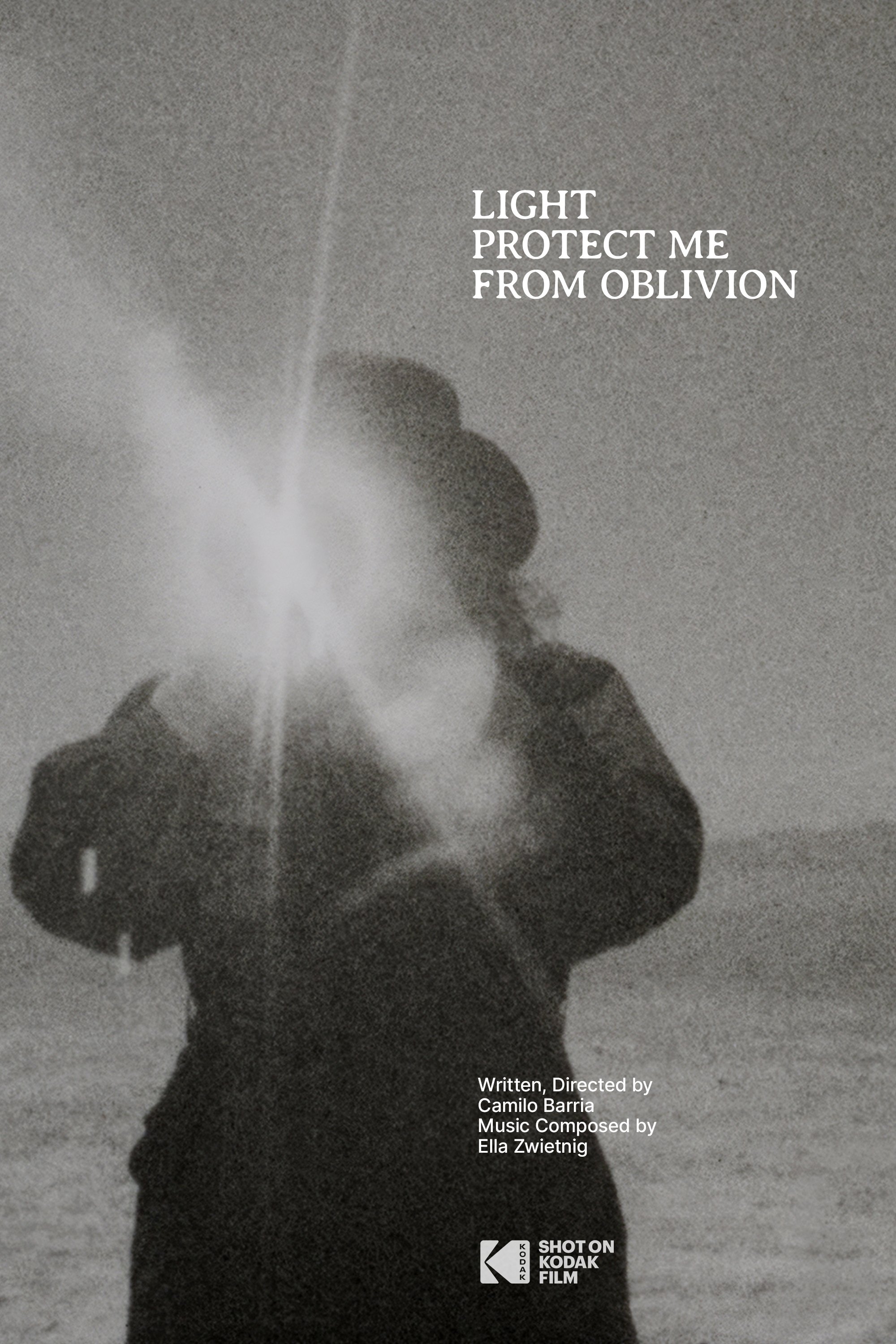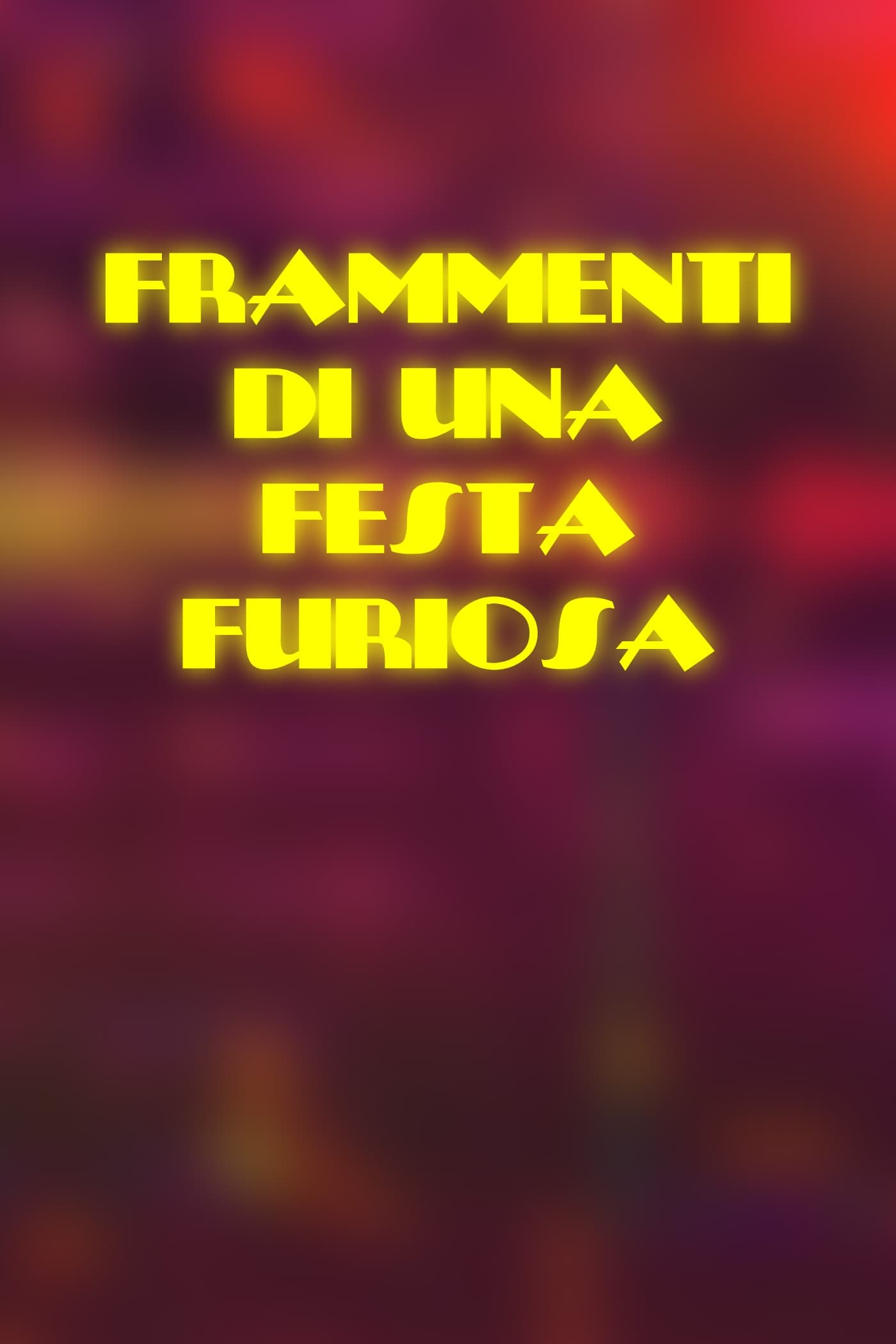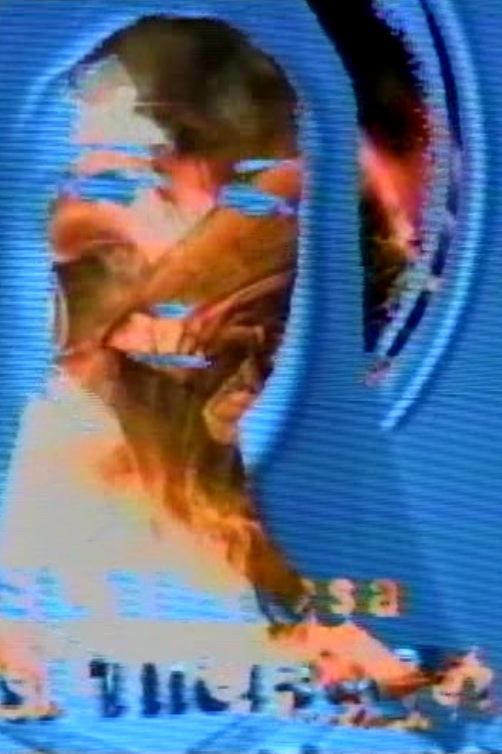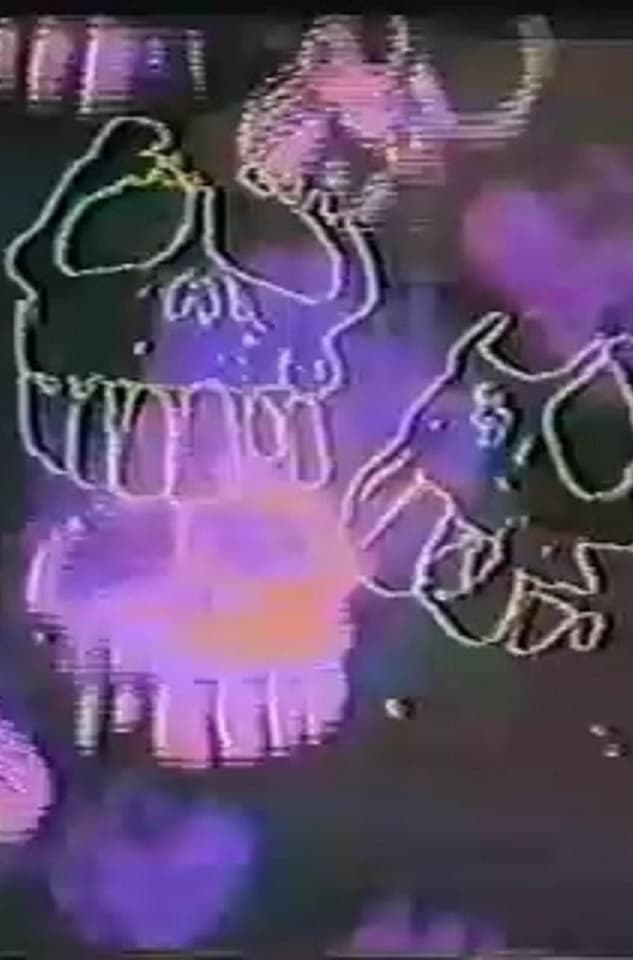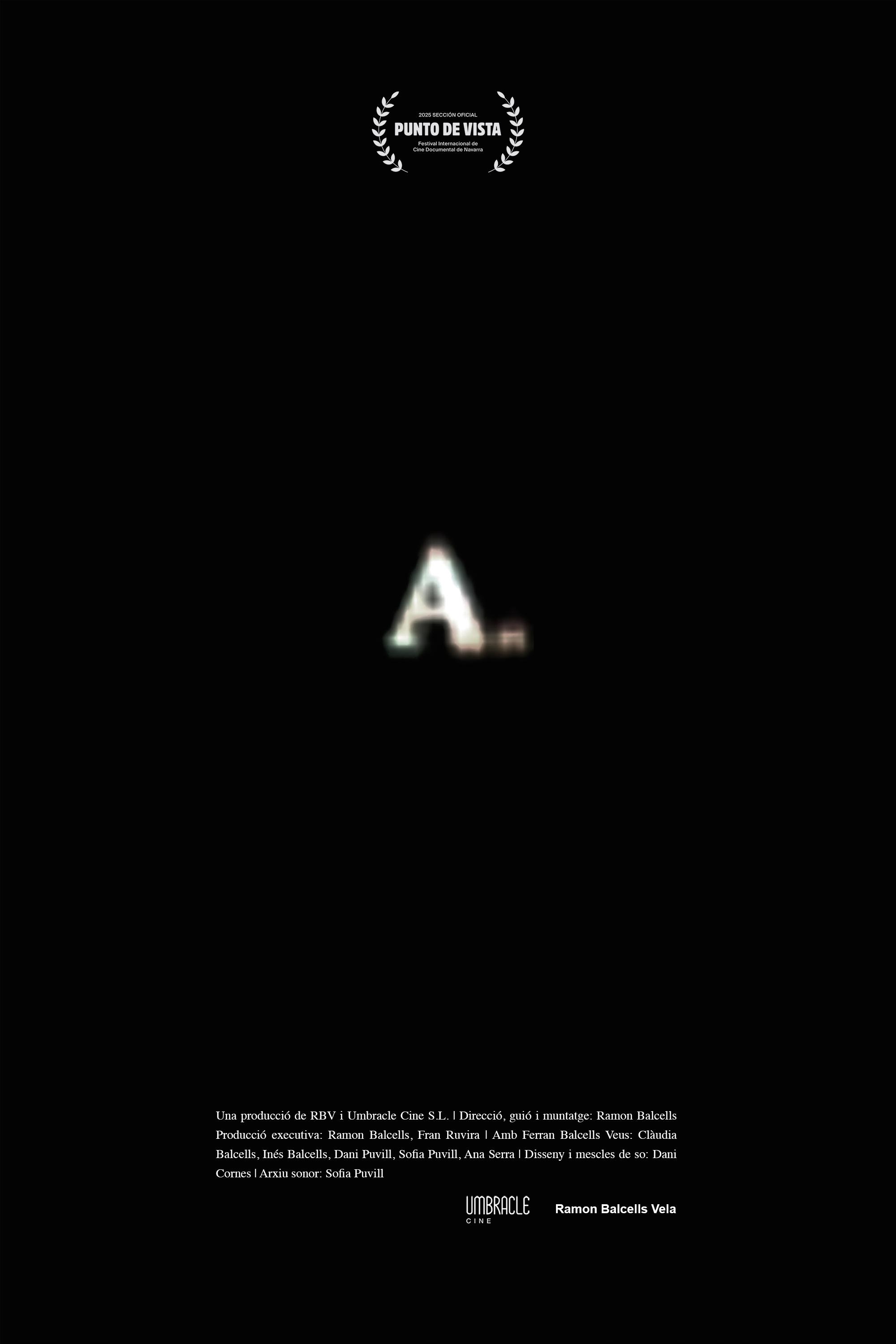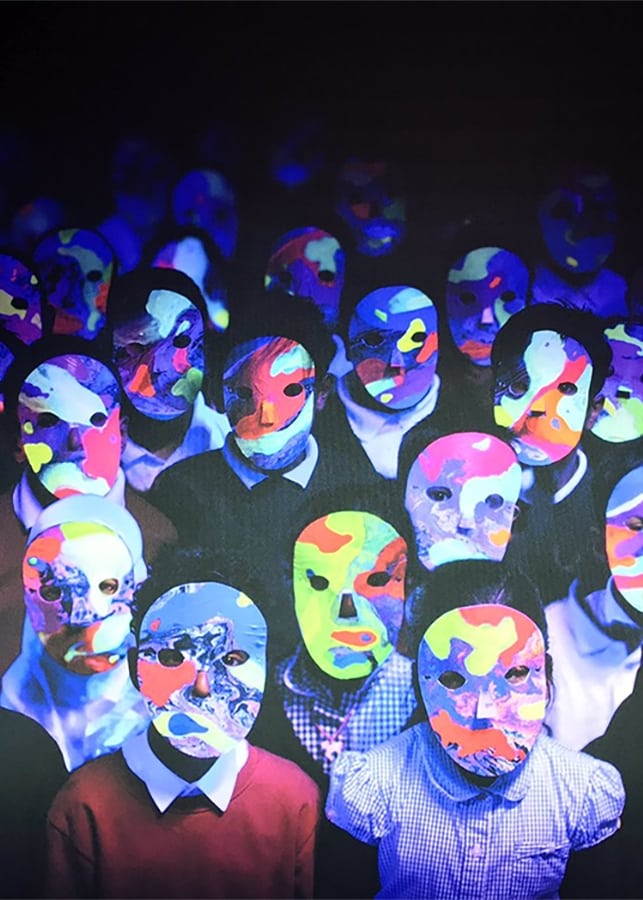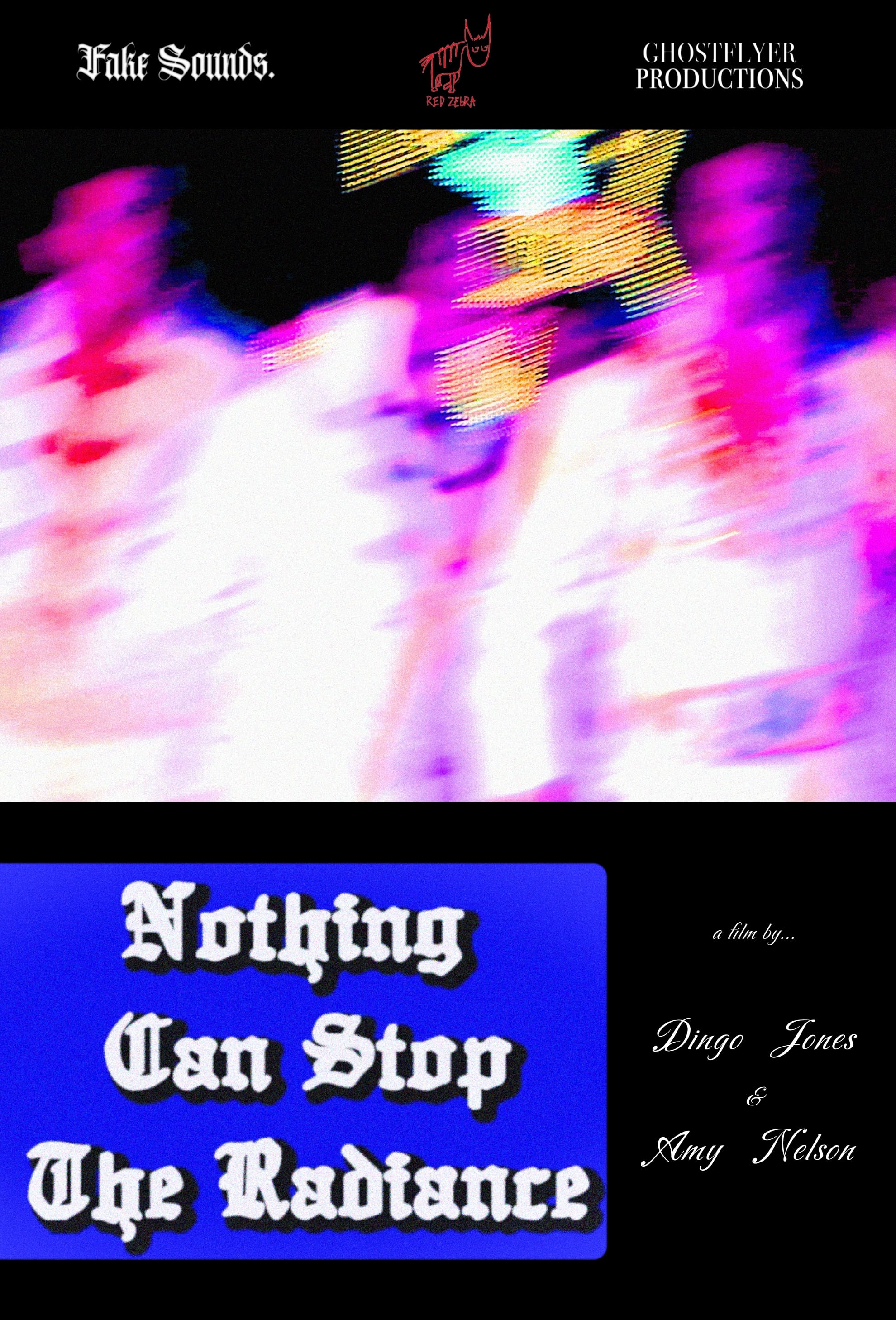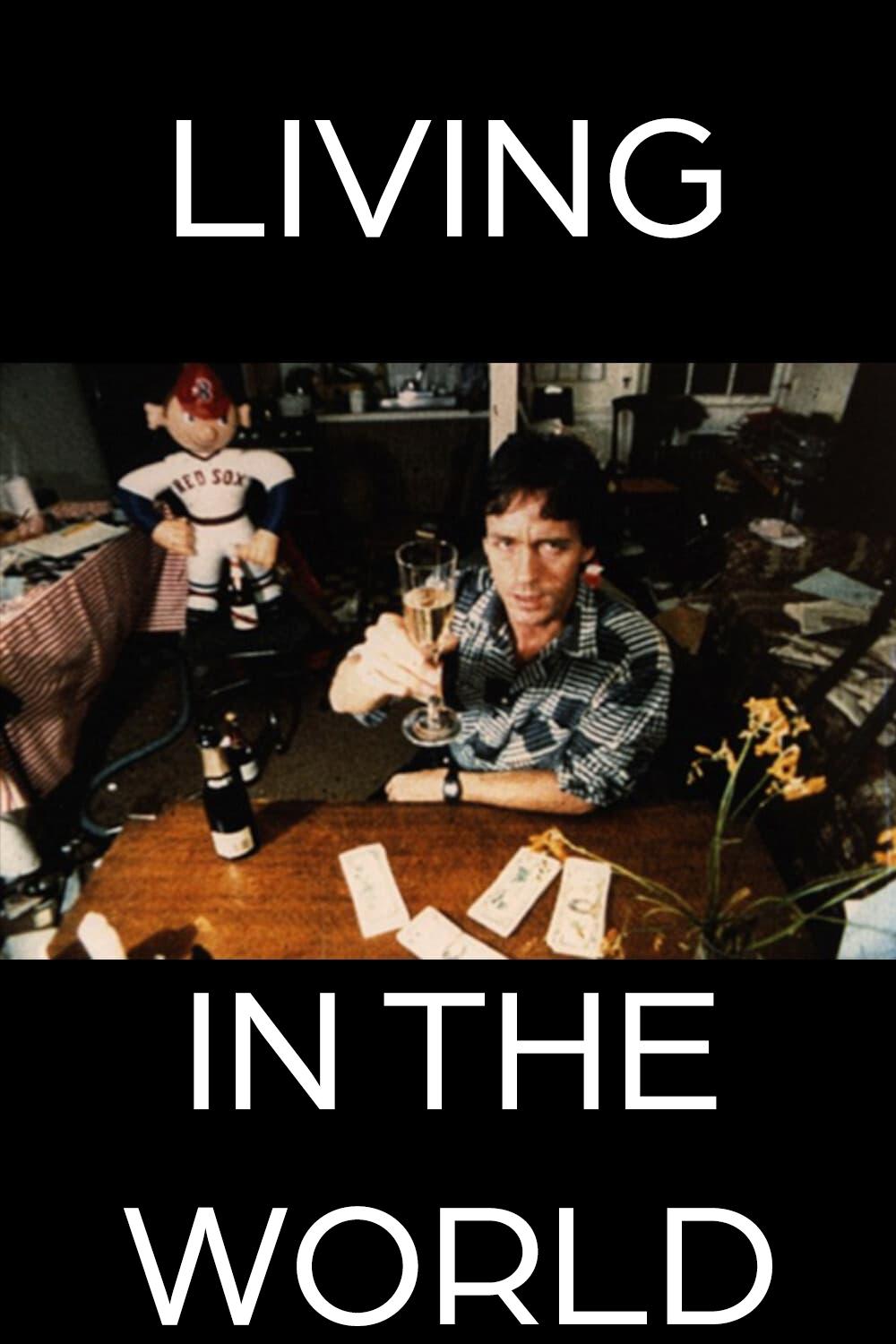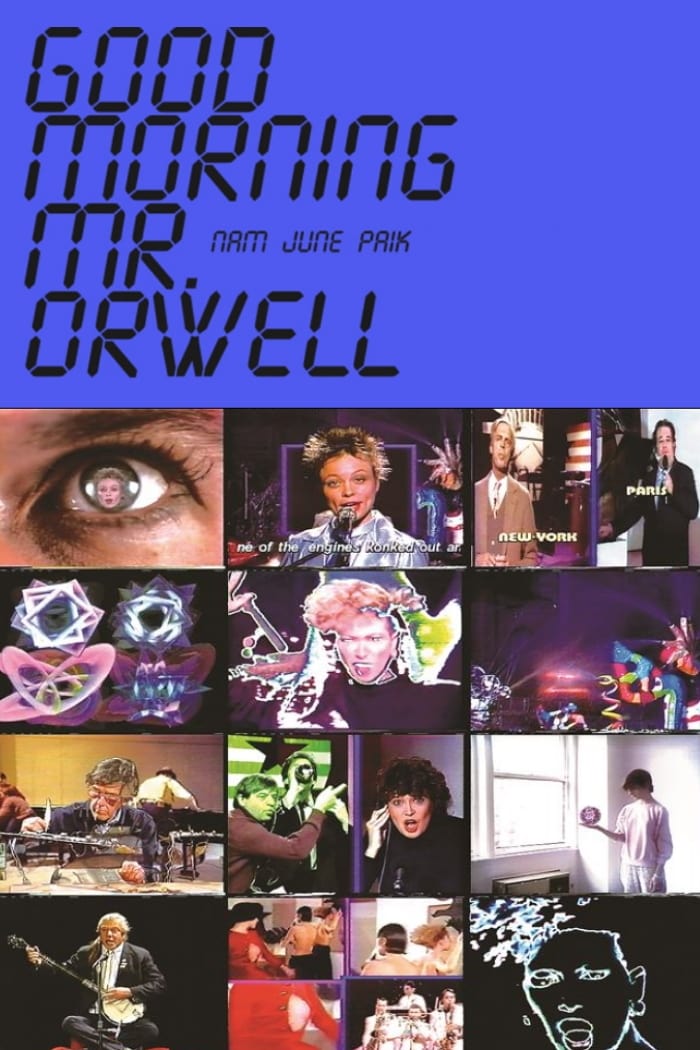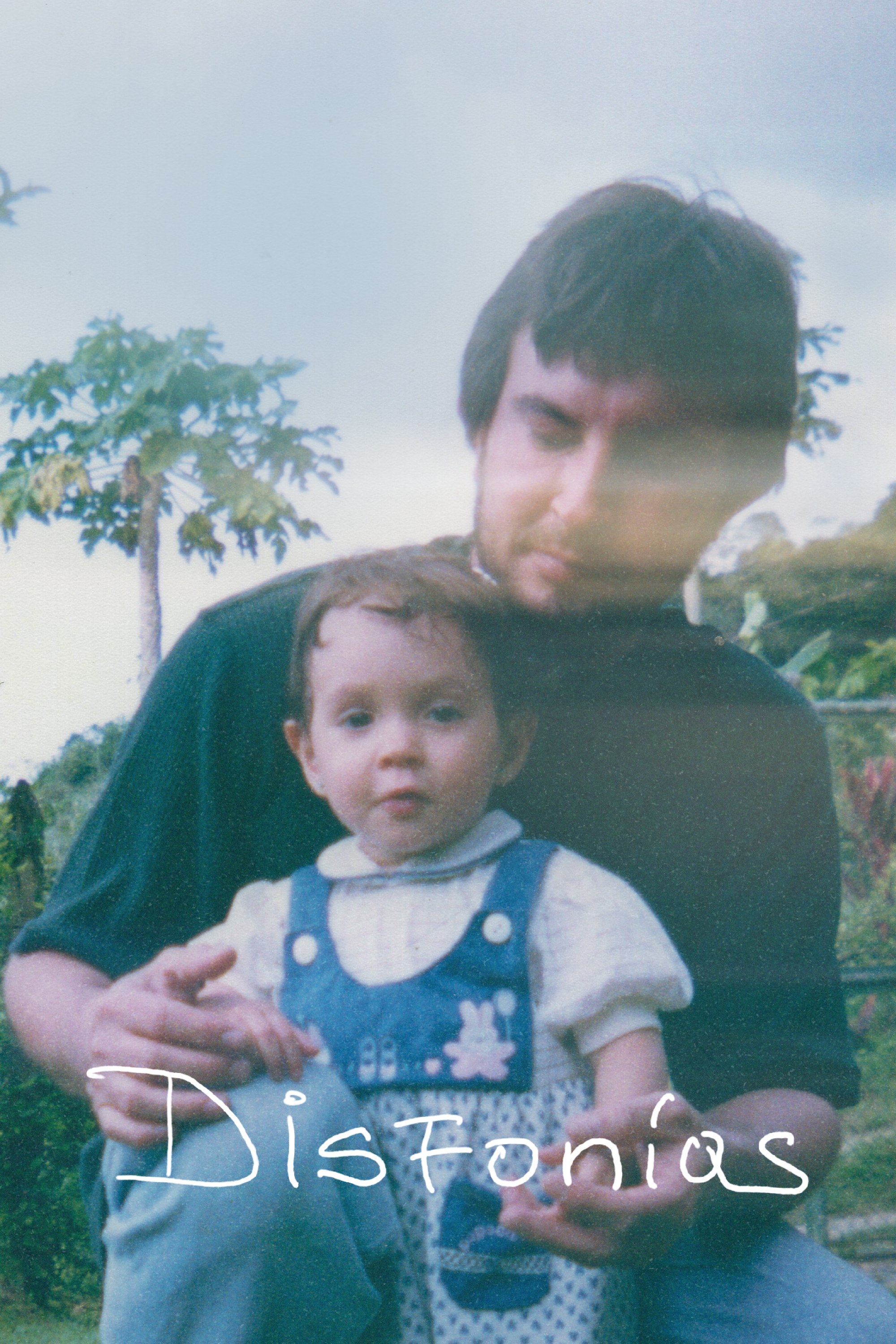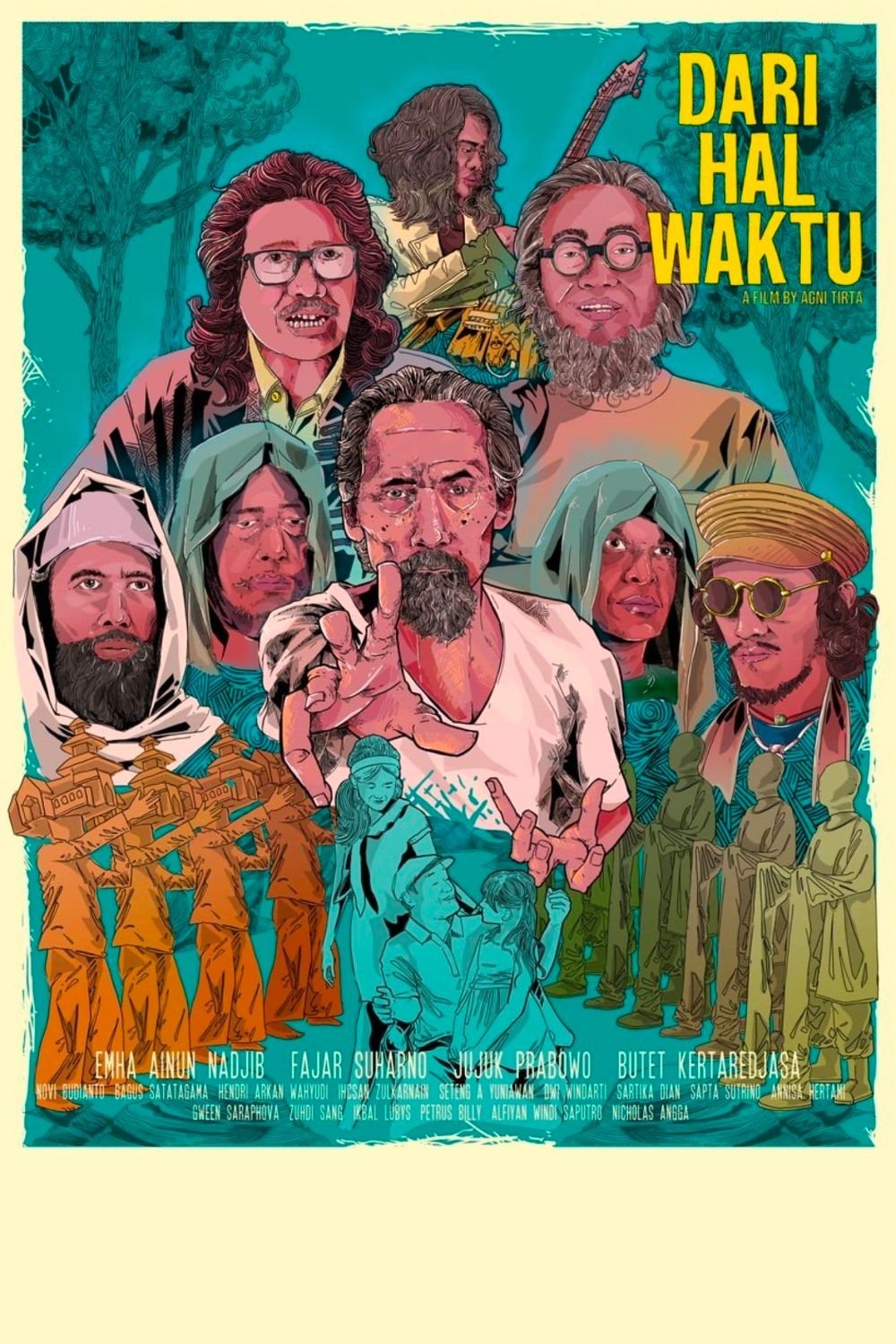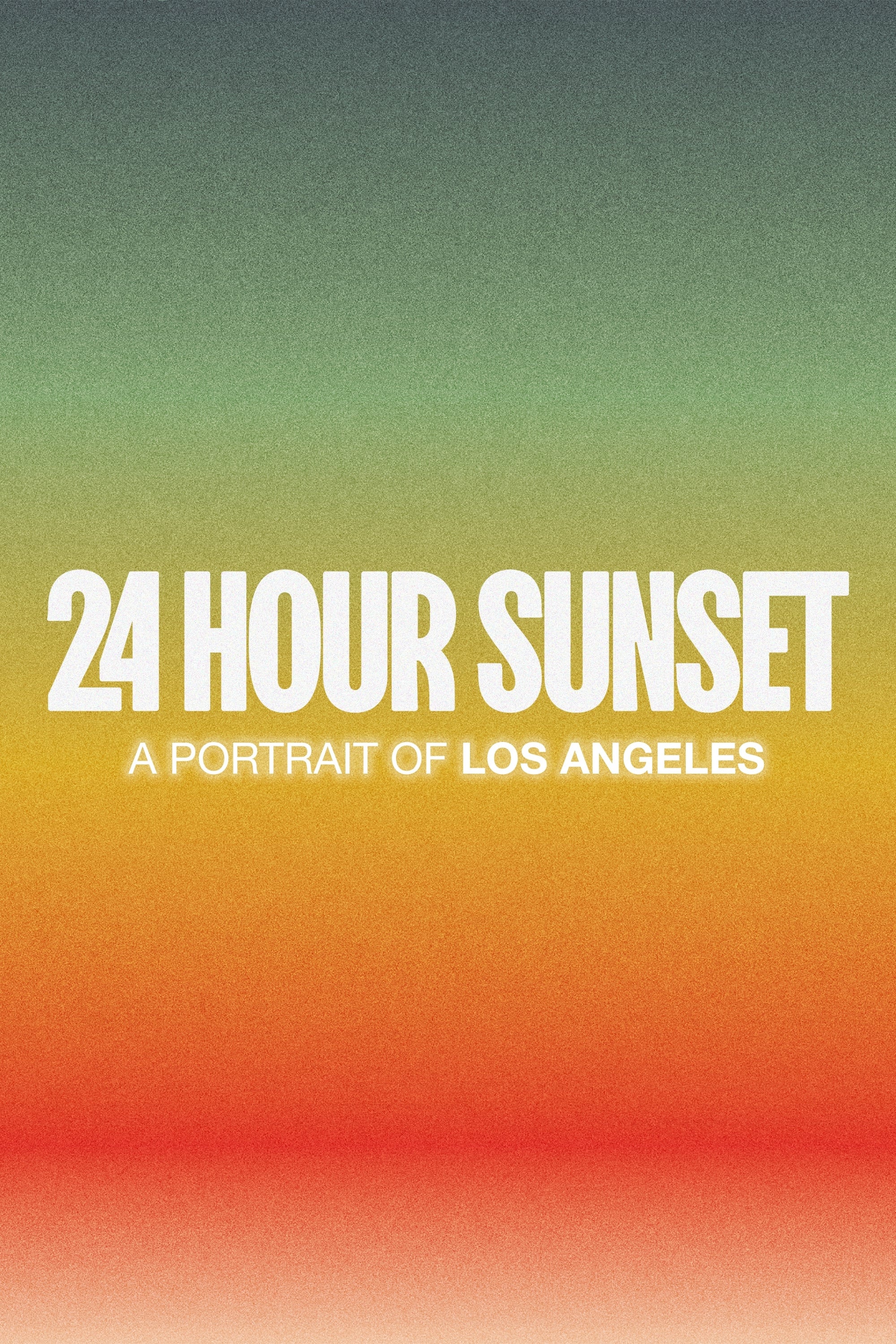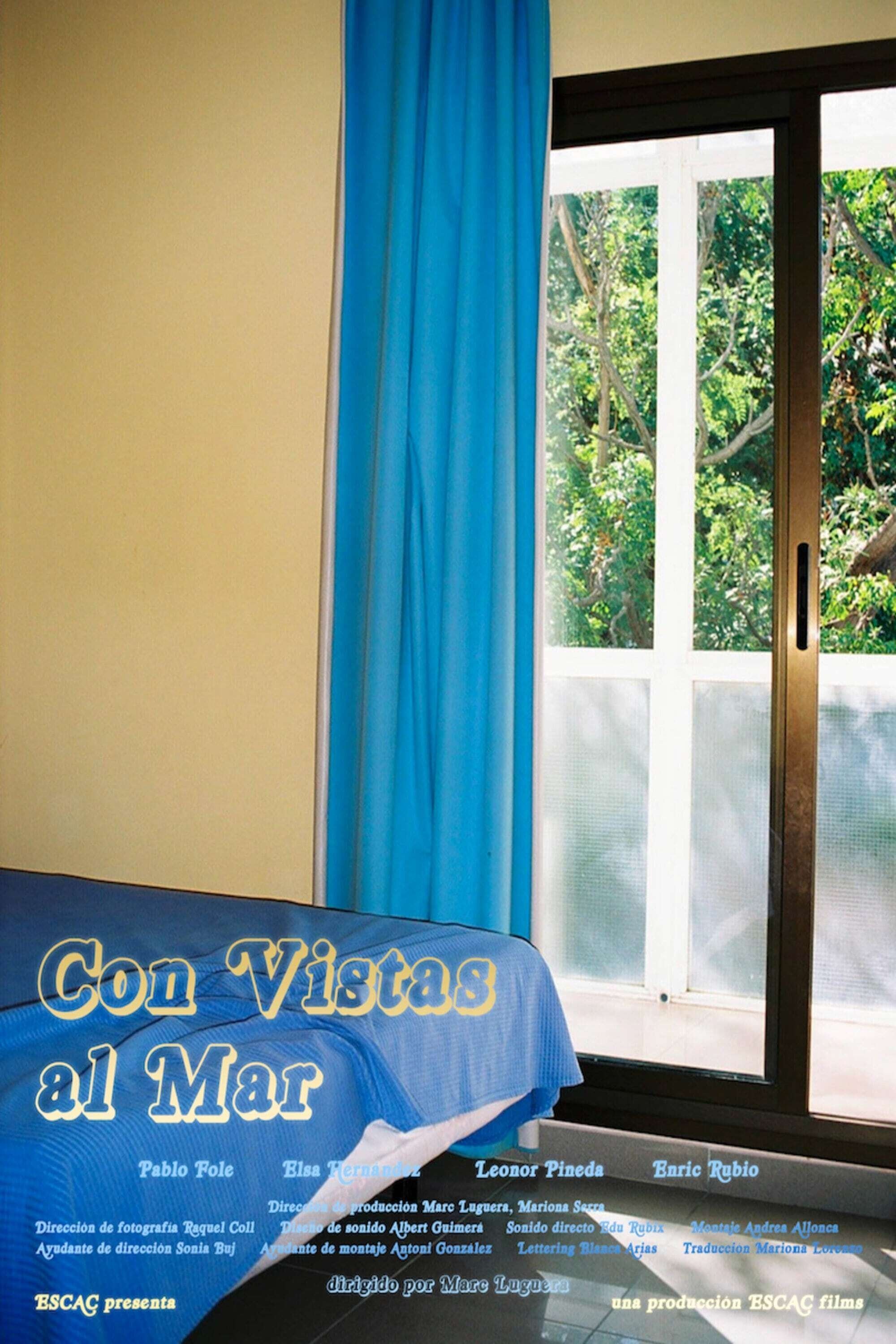It Was A Beautiful Day
"YOU ARE NOT ALONE"
0h 7m
0.0(0 votes)
Documentary
History
Overview
A group of hometown friends come together after the loss of a loved one.
Links & Resources
Social & External
Cast & Crew
6 members
Acting
Beca Block
Herself
No Image
Acting
Kethllen Souza
Herself
No Image
Acting
Elisha Caldeira
Herself
No Image
Directing
Tyler Schwartz
Himself
No Image
Acting
Irtiama Cirius
Herself
No Image
Acting
Lynn Louisdort
Herself
No Image
Similar Movies
Recommended Movies

No Recommendations Yet
We're working on finding the perfect movies for you. Check back soon!
More movies coming soon
